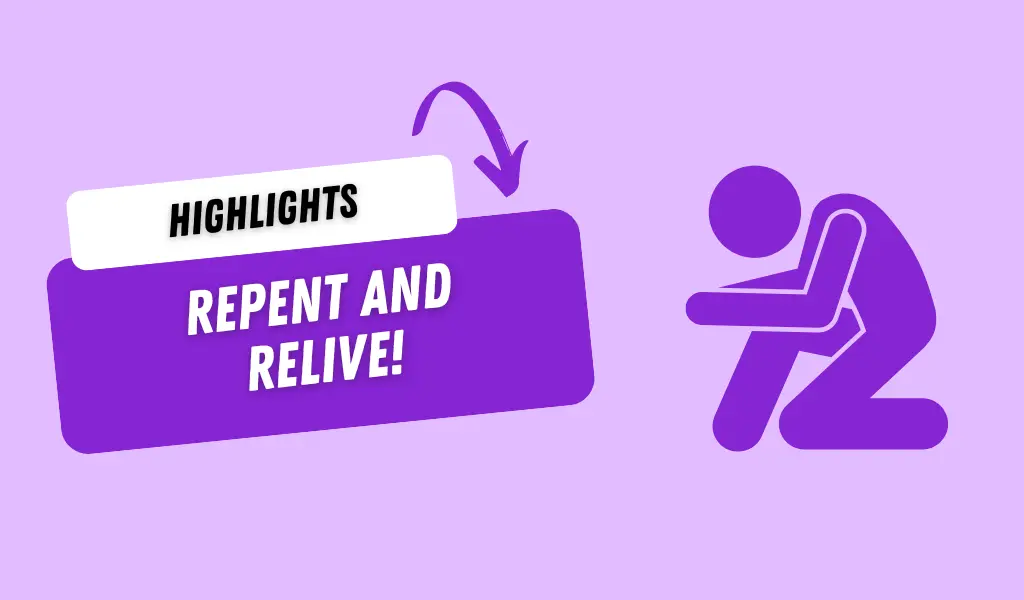Third Sunday in Ordinary Time
21st January 2024 (Sunday)
Psalter: Week 3
Reading of the Day
First Reading: Jonah 3:1-5, 10
The word of the Lord came to Jonah the second time, saying, “Arise, go to Nineveh, that great city, and call out against it the message that I tell you.” So Jonah arose and went to Nineveh, according to the word of the Lord. Now Nineveh was an exceedingly great city, three days’ journey in breadth. Jonah began to go into the city, going a day’s journey. And he called out, “Yet forty days, and Nineveh shall be overthrown!” And the people of Nineveh believed God. They called for a fast and put on sackcloth, from the greatest of them to the least of them. When God saw what they did, how they turned from their evil way, God relented of the disaster that he had said he would do to them, and he did not do it.
Psalm 25:4-5ab, 6 and 7bc, 8-9 (R. 4a)
R/. O Lord, make me know your ways.
Second Reading: 1 Corinthians 7:29-31
This is what I mean, brothers: the appointed time has grown very short. From now on, let those who have wives live as though they had none, and those who mourn as though they were not mourning, and those who rejoice as though they were not rejoicing, and those who buy as though they had no goods, and those who deal with the world as though they had no dealings with it. For the present form of this world is passing away.
Alleluia
V/. Alleluia R/. Alleluia
V/. The kingdom of God is at hand; repent, and believe in the Gospel
R/. Alleluia
Gospel : Mark 1:14-20
After John was arrested, Jesus came into Galilee, proclaiming the gospel of God, and saying, “The time is fulfilled, and the kingdom of God is at hand; repent and believe in the gospel.” Passing alongside the Sea of Galilee, he saw Simon and Andrew the brother of Simon casting a net into the sea, for they were fishermen. And Jesus said to them, “Follow me, and I will make you become fishers of men.” And immediately they left their nets and followed him. And going on a little farther, he saw James the son of Zebedee and John his brother, who were in their boat mending the nets. And immediately he called them, and they left their father Zebedee in the boat with the hired servants and followed him.
Daily Gospel Reflection
Highlight: Repent and Relive!
Guidlines: True faith is nothing but repentance and conversion on one hand, and love and loyalty to God on the other hand. This is truly belonging to the kingdom. This is the mission of Jesus, and our mission as well.
1. “Repentance”! This is the crux of today’s word of God. This is the call of God, the urge of the prophets all through the history of salvation. This is the essential condition for obtaining God’s grace, mercy and salvation.
2. This is the opening theme of Jesus’ preaching ministry as well: “The time has come; the kingdom of God is at hand. Repent and believe the gospel” (Mk 1. 15). Jesus begins his public ministry with the call to “Repent”.
3. And there are several strong calls for repentance all through Jesus’ teachings: “Unless you repent, you will all perish” (Lk 13. 3, 5). “The men of Nineve shall rise up in the judgment with this generation, and shall condemn it; for they repented at the preaching of Jonah, and behold, a greater than Jonah is here” (Lk 11. 32).
4. “Woe to you, Chorazin! Woe to you, Bethsaida! For if the mighty works had been done in Tyre and Sidon, which have been done in you, they had a great while ago repented, sitting in sackcloth and ashes” (Lk 10. 13). “Take heed to yourselves. If your brother trespasses against you, rebuke him; and if he repents, forgive him. And if he trespasses against you seven times in a day, and seven times in a day turn again to you, saying, I repent, you shall forgive him” (Lk 17. 3-4).
5. The proclamation of the early church, especially Paul’s preaching would also include this call for repentance: “turn to God in repentance and have faith in our Lord Jesus” (Acts 20. 21).
6. Now, what is repentance? The basic sense, as the term is used, is “being sorry, or grieved” for something that has been done. Both the Hebrew term, naham, and the Greek term, metanoia, contain this sense of “feeling sorry” and “regretting”.
7. Certainly, a deep and strong feeling is good and needed. It is because such a sense and feeling makes the person realize and regret the wrongness of the action, and the gravity and consequence of it.
8. However, true repentance is not just that. A mere feeling sorry and grieving is not enough, because often such a feeling is peripheral, shallow, unstable, fluctuating, inconsistent and transient.
9. Besides, it is not a disturbing sense of remorse. Repentance is not a pressing or depressing sense of guilt. Guilt and remorse are negative, disturbing and pressing while true repentance is something positive: It is elevating, relieving and assuring.
10. True repentance is a deep anguish and pain, over a life of inadequacy, in offence and deviation, against God and others. It is a deep and consistent process. It is where one is stirred within, touched to the core, and struck with a deep anguish over one’s own sinfulness. And it is an about-turn of a whole way of living, in determination and dedication.
11. Repentance opens up a radical change of life, both in spirit and in action. Thus true repentance is both affective and effective. A sincere repentance would mean a “change of mind, change of ways, change of life”. This concretely implies both “turning away from evil” and “turning to God”
12. Accordingly, we can understand these two aspects in the call to “repent and believe”. Seen in this integral sense, true repentance is integral to conversion, and leads to be concretely committed to a process of transformation.
13. Thus, it is very clear why the faith of many is so inadequate. It fails to change a person’s life, fails to touch his interior and transform his exterior. The whole reason is there is no depth and durability of repentance. Mostly, it is limited to some temporary moments of grieving and weeping.
14. On the other hand, true repentance leads to conversion, true conversion leads to deep faith in God, and that shows itself in a transformed life. This is what is implied in the change of one’s way of life: from being fishermen to becoming fishers of souls.
15. It is not only a new dignity which is the most beautiful effect of God’s call. It is also the concrete evidence of repentance, conversion and faith-filled and faithful life. One who experiences God’s touch, cannot but become an intimate, radical and committed follower of Christ fishing souls for God. This is in fact the spreading of the wings of the Kingdom of God. This is truly the kingdom at hand!
Practice: Depth of faith is not merely shedding buckets of tears in a passing emotional distress, and efficacy of prayer is not merely performing or organizing some spiritual activities. True faith is a converted life in spreading God’s reign.







